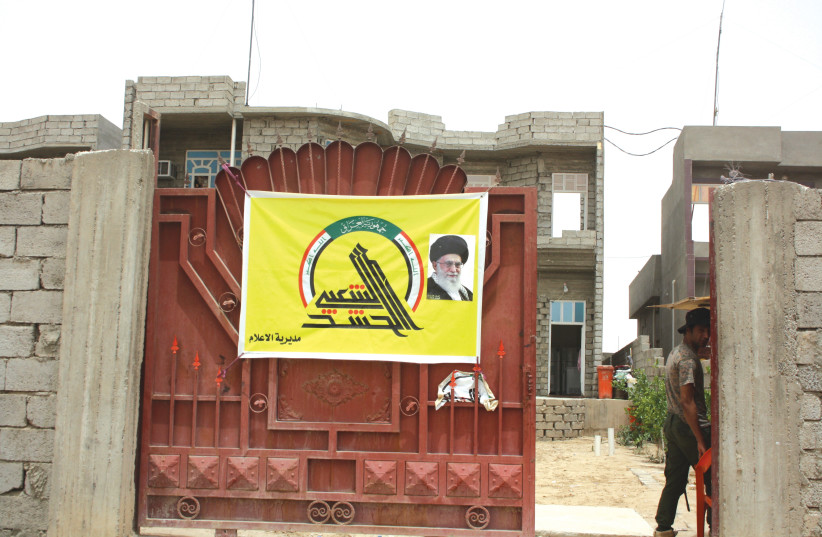Iran warned Israel of an “obliterating war” if it embarks on a military ground campaign in Lebanon against Hezbollah, as regional alarm grows over the prospect of a third Lebanon war.
“Albeit Iran deems as psychological warfare the Zionist regime’s propaganda about intending to attack Lebanon,” Iran’s mission to the United Nations wrote in a post on X.
“Should it embark on full-scale military aggression, an obliterating war will ensue. All options, [including] the full involvement of all Resistance Fronts, are on the table,” it stated.
Israel’s Foreign Minister Israel Katz responded on Saturday night, saying, “If Hezbollah does not cease its fire and withdraw from southern Lebanon, we will act against it with full force until security is restored and residents can return to their homes.
“A regime that threatens destruction deserves to be destroyed,” he stated.
How long would it take to take down Hezbollah?
Defense Minister Yoav Gallant toured the northern border on Friday after returning from a trip to Washington, where he met with US Secretary of State Antony Blinken, US National Security Advisor Jake Sullivan, and US Secretary of Defense Lloyd Austin.
They discussed both diplomatic and military options to restore calm to the North after nearly nine months of cross-border violence between the IDF and Hezbollah, which broke out immediately after October 7 and has occurred concurrently with the Gaza war.
Washington had hoped that a Gaza ceasefire and hostage deal would open the door to a diplomatic resolution, but as that kind of an arrangement has remained elusive, the possibility of a third Lebanon war has grown.
“We are not looking for war but we are ready for it,” Gallant told IDF soldiers.
“We will reach a junction... both for ourselves and the enemy. If it [Hezbollah] chooses to go to war, we will know what to do. If it chooses to go for a diplomatic arrangement, we will respond to this option.”
“I hope that this [a diplomatic arrangement] is where things will come to, but you never know,” he said.
Lebanese Prime Minister Najib Mikati placed the onus for the violence squarely on Israel, calling on it to halt its military activity against both Hamas in Gaza and Hezbollah in Lebanon, the country’s state media reported.
“We are always advocates of peace, and our choice is peace and the implementation of Resolution 1701. Israel must stop its repeated attacks on Lebanon and stop the war in Gaza,” the Lebanese prime minister stated.
He referenced United Nations Security Council Resolution 1701, which codified the ceasefire arrangement that ended the Second Lebanon War in 2006. It created a demilitarized zone between the Blue Line on Israel’s border and the areas of Lebanon south of the Litani River.
According to the resolution, the armed personnel and weapons permitted in this zone are restricted to UNIFIL and those of the Lebanese government.

Hezbollah, however, had a presence along that border prior to the Second Lebanon War, and returned after the war and has used that region to launch attacks against Israel.
Mikati said, “We are with our people,” adding, “The resistance is doing its duty, the Lebanese government is doing its duty, and our goal is to protect the country in every sense of the word.”
Both Hamas and Hezbollah are Iranian proxy groups, and their attacks on Israel are considered to be part of the larger Iranian-Israeli conflict.
Sam Halpern and Darcie Grunblatt contributed to this report.
